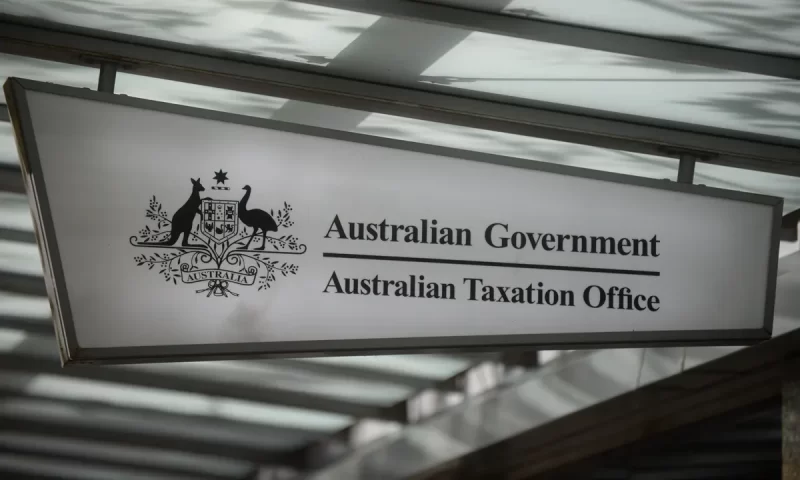The Australian Taxation Office (ATO) is taking significant steps to ensure tax compliance among cryptocurrency traders, seeking personal and transactional data from approximately 1.2 million users of cryptocurrency exchanges. This move aims to identify those who may not have met their tax obligations.
Scope of Data Collection
The ATO’s request includes a wide range of data elements: users’ dates of birth, social media accounts, phone numbers, wallet addresses, types of coins traded, and bank account details. This comprehensive data collection effort reflects the ATO’s intent to rigorously enforce tax laws in the rapidly evolving crypto market.
Cryptocurrencies as Taxable Assets
In Australia, cryptocurrencies are treated as taxable assets, distinguishing them from other forms of currency. This classification means that profits from cryptocurrency transactions are subject to capital gains tax. The ATO’s action comes at a time when the crypto market has seen significant profitability, with major currencies like Bitcoin and Ether experiencing substantial gains year-to-date.
Global Trend in Crypto Tax Enforcement
Australia is not alone in its efforts to enforce tax compliance on cryptocurrency gains. Similar initiatives are underway in other countries:
- Canada: The Canada Revenue Agency is currently conducting over 400 crypto-related audits and has ongoing investigations targeting hundreds of investors to recover unpaid taxes.
- Turkey: Anticipated crypto-related legislation in Turkey is expected to establish a legal framework for crypto taxes in one of the leading global crypto economies.
- United States: There are proposals to increase long-term capital gains tax rates for high earners and to implement a tax on unrealized gains for ultra-high-net-worth individuals, though these are still in the proposal stage.
Challenges in Crypto Tax Compliance
The anonymous and complex nature of cryptocurrency transactions can make tax compliance challenging. The ATO’s notice highlighted concerns that the ability to purchase crypto assets using false information might attract individuals looking to evade taxes. This situation underscores the need for enhanced regulatory frameworks and compliance strategies to ensure all taxpayers meet their obligations.
Also Read: OKX Expands to Turkey with Dedicated Cryptocurrency Platform
Implications for Crypto Traders
For crypto traders in Australia and globally, these developments signal an increasing need for careful tax planning and compliance. Traders need to be aware of their tax obligations and should consider professional advice to navigate the complexities of crypto taxation successfully. As regulatory scrutiny intensifies, maintaining transparency and accuracy in reporting crypto transactions becomes crucial.
This proactive approach by tax authorities worldwide illustrates a clear trend towards stricter enforcement and regulation in the cryptocurrency space, aiming to ensure fairness and compliance across the financial landscape.
